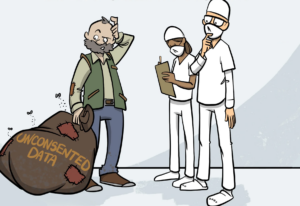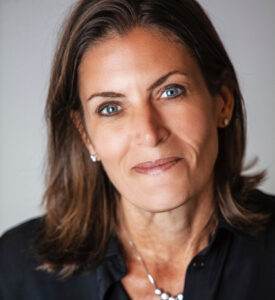 Coca-Cola will overhaul how and how much it spends on marketing coming out of the pandemic, executives told investors on the company’s earnings report on Tuesday.
Coca-Cola will overhaul how and how much it spends on marketing coming out of the pandemic, executives told investors on the company’s earnings report on Tuesday.
The brand cut back advertising significantly during global quarantines, since even more than other beverage brands Coke sells in places like stadiums, hotels and fast-food restaurants. But CEO James Quincey said there’s an opportunity for Coca-Cola to pick up its marketing investments as businesses re-open.
“And I think there’s also an opportunity to use this time to completely rethink the amount of investment a market actually needs in an optimal level going forward,” Quincey said.
Coca-Cola is trying to balance growth, particularly for new or challenger brands, against sustainable marketing investments in the post-COVID world.
For instance, of Coca-Cola’s 400 master brands, the bottom half account for only 2% of revenue. The company will be more disciplined with investments, as it’s shown already with the announcement that it will shut down operations for the Odwalla juice brand at the end of his month.
One investor asked why the company hadn’t increased its marketing last quarter, as other brands went quiet and as shoppers moved quickly online.
“We could just pile on the marketing spend because ‘no one cares about the earnings this year,’” Quincey responded. But Coca-Cola also devotes large portions of its marketing budget to drive consumption, and with people in lockdown not eating or drinking beverages out of their homes, those ad dollars would be wasted.
Another investor pressed the executives on how they will balance higher efficiency demands with potential loss of growth and market share.“Clearly, we’ve got to do both,” Quincey said.
Coca-Cola could invest heavily in top-line growth, like direct marketing, and outspend all comers to secure top algorithm placements, he said. But it wouldn’t be sustainable for Coca-Cola’s margins on those sales.
“And the inverse is true,” Quincey added. “If we just stop worrying about the top line and focus on efficiency, we’ll do well for a year or 2, but then the wheels will come off.”













